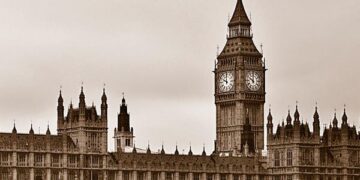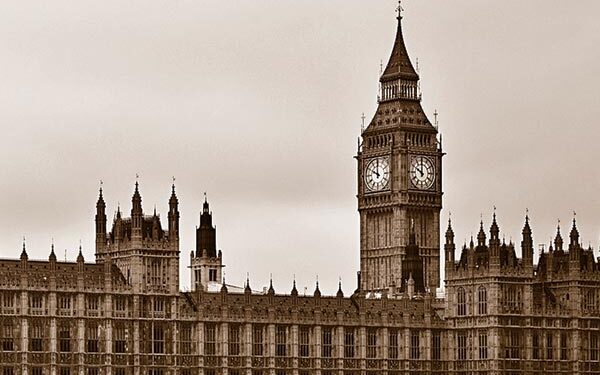The following are the excerpts of the proceedings in the House of Commons wherein members debated on Contest, the United Kingdom’s counter-terrorism strategy
Can the Home Secretary guarantee now that every arrival is being fully checked, and if not, why not?

Tonia Antoniazzi (Lab)
In June this year, the borders inspectorate said that not every arrival into the UK at Manston was having security checks done as part of their interview or having their property checked. Can the Home Secretary guarantee now that every arrival is being fully checked, and if not, why not?

Suella Braverman
Having visited the reception centres at Western Jet Foil and Manston, and having been working closely on ensuring that the right facilities, resources and mechanisms are in place to ensure that those who arrive illegally are appropriately accommodated, I can say that we ensure that those who arrive are checked. They go through biometric checks and any other appropriate checks, and then they are put through our processing centres, generally at Manston. They are then put on a track, effectively, to other onward accommodation if they have an asylum claim. That is the general scheme that we have been carrying out for some time.

Tanmanjeet Singh Dhesi (Lab)
The UK police and security services used to conduct more than 600 million real-time security checks on a shared EU platform before we lost access after Brexit. At the time, the Government informed us that we would have access to a shared platform within two or three years. Now, the permanent secretary has advised that we will not have access to a shared dataset until 2027 or 2028. Can the Home Secretary confirm just how much of a damaging effect the loss of this vital intelligence and security mechanism is having on our ability to tackle terrorism and cross-border crime?
Suella Braverman
I know the hon. Gentleman is on his Brexit bandwagon, or whatever it is, but the reality is that from a security point of view, we have never had stronger collaboration with international partners than today. We have continued to develop our global reach and insight through sustained working with allies. That is particularly with the Five Eyes, where we share an enormous amount of common approach and strategic development, but also with European partners. I have met many of my European counterparts, and we share the common goal of national security. In many instances, the UK is seen among European allies as a leader and a nation valued for its contribution to pan-European national security.
Alex Davies-Jones (Pontypridd) (Lab)
As the shadow Minister, my hon. Friend the Member for Halifax (Holly Lynch), rightly stated, the Government’s update acknowledges that when it comes to AI, “terrorists are likely to exploit the technology to create and amplify radicalising content, propaganda and instructional materials, and to plan and commit attacks.” However, there are no concrete plans in the update to address those growing risks. Beyond pointing to the Government’s own Online Safety Bill, which has been delayed yet again and watered down, and other than the rhetoric we have heard today from the Secretary of State, what are the Government actually doing? What concrete plans are in place to tackle this growing problem, because we have seen little to no action thus far?
Suella Braverman
The hon. Lady obviously has not read the document. If she had, she would see our actions, our achievements and what our plans are. First—I will save her the trouble of reading the document—we are realising the full potential of our newly established, world-leading counter-terrorism operations centre. I do not think she has visited, but I recommend she tries to, because it is an incredibly impressive, world-leading operational centre established recently that brings together the right teams, data and technology to more effectively identify, interrupt and disrupt terrorists. We are also ensuring a broader range of expertise from non-law enforcement interventions to mitigate the evolving terrorist threat. We are maintaining our investment in the critical threat assessment capabilities through the world-class joint terrorism analysis centre. I could go on, but in the interests of time, she would probably do better to read the document first.

Luke Pollard (Lab/Co-op)
The new Contest counter-terrorism strategy mentions that incel threats “could meet the threshold of terrorist intent or action”. The person behind the shooting in Plymouth in 2021, where we lost five people, could have had their actions informed by incel culture and violent misogyny. Incel violence currently largely falls out of the scope of all the Prevent strategy tactics. Does the Home Secretary agree that it is now time to develop a cross Government incel strategy, so that we can not only prevent people from going down that path towards violent misogyny, but help rescue those who are doing so? That would provide a greater level of community safety for women and our entire community, and we would never again see the violence we saw in Plymouth repeated on our streets.
















